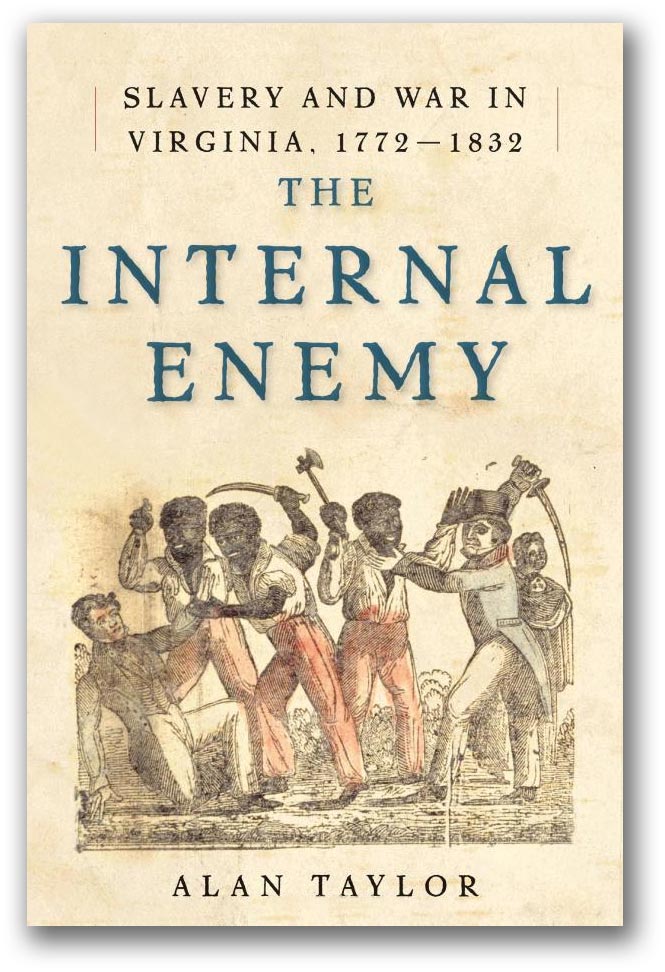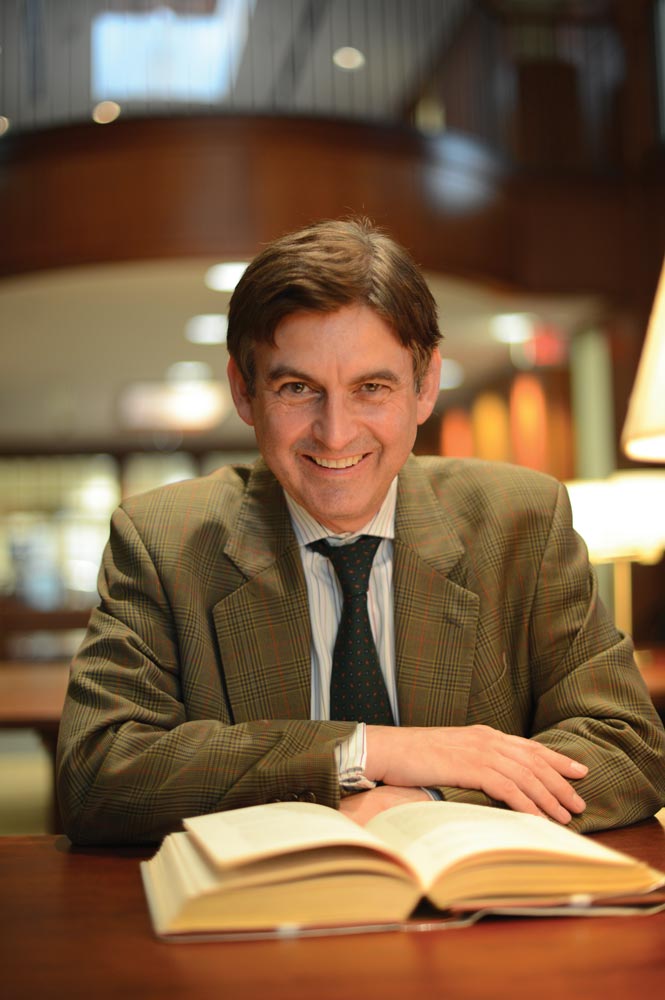Tales of Early America
History professors shed new light on country’s formative years

Pulitzer Prize
One of the University of Virginia’s newest faculty members, historian Alan Taylor, has received a Pulitzer Prize for his book The Internal Enemy: Slavery and War in Virginia, 1772-1832.
Taylor, one of the nation’s premier experts on Colonial America and the early U.S. republic, came to UVA in March after two decades at the University of California, Davis, and will begin teaching in August. He received his first Pulitzer in 1996 for his book William Cooper’s Town: Power and Persuasion on the Frontier of the Early American Republic.
The Internal Enemy tells the story of about 3,000 enslaved Africans who joined British forces to fight against the United States during the War of 1812. “The book sets that story in the context of the shifting nature of slavery after the American Revolution,” Taylor says. “It was an extraordinary set of human dramas, the resourcefulness of people who were seeking freedom, stealing boats in the middle of the night to go out and find British warships and offer their services.”
American History Book Prize

Andrew Jackson O’Shaughnessy, a UVA history professor with both U.S. and British citizenship, has dispelled commonly held misperceptions about the Revolutionary War in his book The Men Who Lost America: British Leadership, the American Revolution and the Fate of the Empire. The winner of the New-York Historical Society’s annual American History Book Prize, O’Shaughnessy’s book challenges the theory that incompetent British military commanders and political leaders were to blame for Britain’s defeat during the American Revolution.
“These were people of substance,” O’Shaughnessy says of the British leaders. “They were worthy adversaries. The popular history, that they were aristocrats given to buffoonery, diminishes the American achievement.”
“The book reminds us that it is too easy for the victors to dismiss the past’s losers as stupid or contemptible,” says Paul Halliday, who chairs UVA’s history department. “With quiet good sense and analytic generosity, O’Shaughnessy reminds us that ‘not so fast’ is not only an injunction to careful intellectual work but it also amounts to an ethical obligation we all owe to the people of the past.”